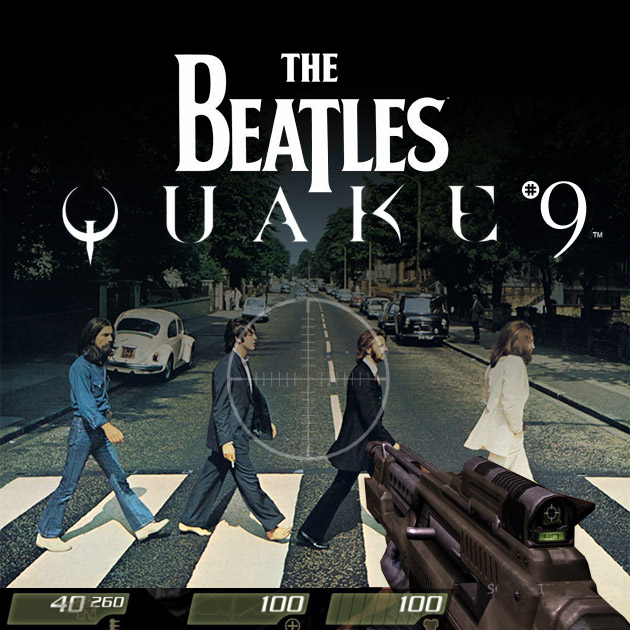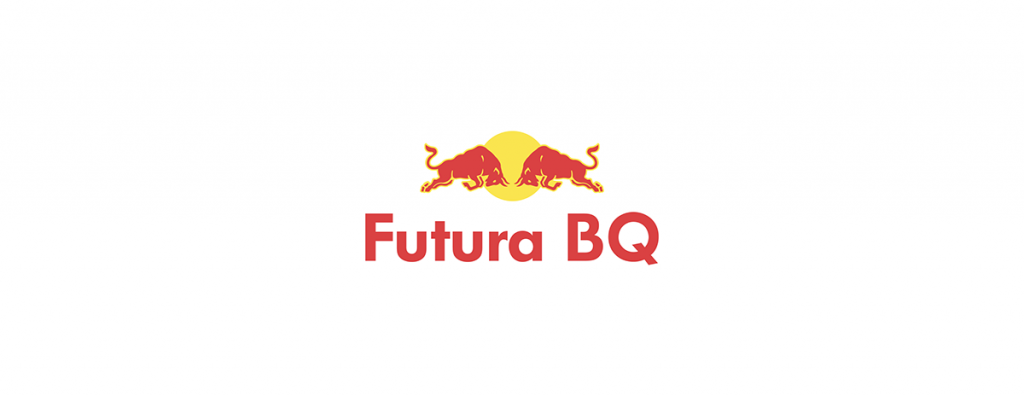Emanuele Abrate illustrates the typefaces used in some of the most famous brands.
starbucks
Guaranteed Value vs. Value Assessments (or MyPanera vs. My Starbucks Rewards)
Due to recent conversations that I’ve had with clients in friends, I’ve been thinking a lot about consumer behavior surrounding discounted items. One of my clients attests the following, which I found the be pretty interesting:
The current emphasis on web coupons and social site tie ins neglects another fundamental rule of retailing: guaranteed value. We tend to buy high-priced items at discount because we perceive that we are getting a good deal. But the same psychology works in reverse sometimes. We believe we are being overcharged unless we are getting a discount. Without guaranteed value, we tend to decide to purchase at the last moment, or decide not to purchase in advance because we assume or fear the price will be too high.
In this argument, he goes on to note spending habits on airline tickets, hotel rooms, Netflix and other luxury items like those offered by Groupon. Granted, I’m giving you a snippet of this client’s argument without the full context, but the point is pretty clear. The notion of discounts genuinely changes buying habits for certain items and services. It’s absolutely true that I may decide which mode of transportation (much less which airline) to book for a family vacation. The airline industry, particularly with the emergence of discount fliers like Ryan Air and jet blue, show a pristine example of buying habits and how discounts dissuade consumers from spending money on what once was a pretty average price. However, this mentality certainly doesn’t work for all purchases. Read more
Beatlemania v2.0

Photo Credit: The Beatles Quake #9. My recommendation for the next Beatles Video Game.
I used to like The Beatles. I mean, I never loved them. My first direct encounter with them was a high school friend, Sean, singing their praises every chance he got, replying to my dismissals of repetitive, dated, jingle-sounding ditties with “then why are they the best selling band of all time?” exclamations.
Most of their songs (“Paperback Writer”, “Blackbird”, the entire “Sergeant Pepper…” album, etc.) I hate with a passion. However, over the last decade — since Sean’s proselytizing — I’d grown to tolerate a handful of their songs and actually like a few (David Cook’s rendition of “Eleanor Rigby“, Alanis Morrisette’s live “Dear Prudence“).
This is no more. The recent death of Michael Jackson (and the sale of his rights to their music), the recent concerts by Sir Paul McCartney, the sale of “The Beatles’ Remastered” collection, the release of The Beatles’ Rockband and the “Mono” boxset (the 13 CD set that is currently/still out-of-stock at Amazon.com) have put the final nail in the coffin of my Beatles tolerance. The guise has been lifted and whatever respect I had for the remaining members as people and artists is no longer. The over-saturation has presented their canon as a corporate money-making machine and, worse, exposed how formulaic and near-identical their songs actually are. I’ve joined the ranks of Starbucks boycotters, but may be the only disgruntled ex-customer to do so ONLY because I cannot stand their endless repeating of Beatles songs (I happen to believe them when they say they’re fair trade, good to employees, and provide a service different from local non-franchised cafés). Last Saturday, my penultimate visit to the caffeine behemoth, I left after 45 minutes; enough time to hear “We Can Work it Out” three times. I walked in yesterday, temporarily forgetting my moratorium on patronage, was rudely re-awakened with the unsettling harmony of the walrus, and promptly exited before I could hear one “coo-coo cachoo”.
I vaguely remember this feeling bubbling over with the release of The Beatles “1” (One) album during my high school years but have never felt such execration toward them as artists, only against their team of marketers and publicists. And this whole situation which, besides making me physicially nauseated by their music, has created two new truths for me:
1. If you throw enough money to promote something (boxsets, collections, video games, whatever), people will unwittingly be tricked into not only BUYING something, but believing they actually like it.
2. There is no longer any direct correlation between album (or book, or movie, or whatever) sales and talent/quality products, only marketing dollars. Yes, I realize this is the same decree that conservatives shouted from the rooftops about the 2008 presidential campaign. No, I do not believe it applies.
So thanks go to you: Sir Paul McCartney, Harmonix Music Systems, EA Distribution, MTV Games, Amazon.com, 104.3 FM, Starbucks, EMI and the partially rotting, mostly unbiodegradable corpse of Michael Jackson.Thank you for proving my instinctive reaction to The Beatles back in high school when I first told Sean they were crap. I firmly know now the answer to his question: millions and millions of marketing dollars.















